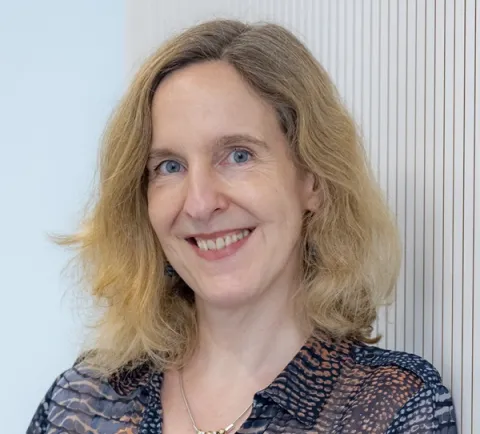Mathematical Modelling
The modelling group focuses on mathematical modelling across science and engineering, including physics (from the physics of quanta and strings to that of liquid crystals), chemistry (modelling lithium-ion batteries and solar cells), engineering (controlling sound direction), biology, medicine and healthcare (from stem cell population dynamics to medical imaging and healthcare models).

